The Israel-Iran nuclear conflict could end global stability within months, analysts fear
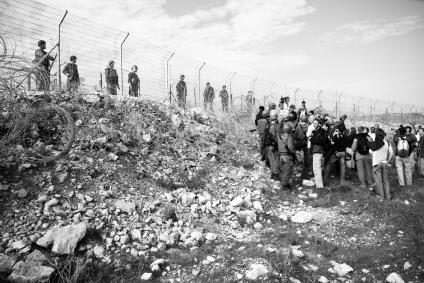
The continuing crisis in Syria and the apparent unwillingness or inability of any outside actors to resolve it, or even begin to manage it towards a resolution is a further uncomfortable reminder, if any were needed, that the whole area stretching from the Mediterranean coast to the Indian Ocean is a source of trouble which has been plaguing global stability for three generations or more.
It is easy to become weary of the continual sequence of conflicts, large and small, and to assume that the risks are either not sufficiently important to be worth worrying about, or else far too difficult to analyse or predict.
The risk that should not be ignored however, in its capacity to have unpredictable consequences well outside the region, is the possibility of an Israeli attack on Iran’s nuclear installations. The world has been living with this scenario for almost a decade, but the time remaining to Israel to take a decision one way or the other is rapidly running out.
Israel’s “window of opportunity” for a preemptive strike could close this summer
The factors impinging on this decision are clearly laid out in a new report issued by the Congressional Research Service of the Federation of American Scientists (FAS) at the end of March. Entitled ‘Israel: Possible military strike against Iran’s nuclear facilities’, it looks at recent statements from both Iranian and Israeli leaders, analyses the ‘known’ military capacity of Israel to undertake such a strike, and outlines a range of possible consequences – for Israel, for the Middle East, and for US interests, dependent on Iran’s response.
Where the report is especially cogent is in showing the dilemma Israel faces in having only a limited period for attack before Iran achieves a ‘zone of immunity’ by building redundancy into its crucial processes, or by moving them deep underground into its Fordow facility. In a November 2011 interview with CNN, Israeli defence minister Ehud Barack suggested that Israel’s window of opportunity could close within nine months. If true, this implies that the summer of 2012 could be a critical moment.
Of course, there is as much disinformation floating around as there are clear facts: US hopes (in a presidential election year) seem to remain pinned on the effect of sanctions – a full EU ban on Iranian oil imports comes into effect on July 1st – to force Iran to agree to curtail its uranium enrichment programme. But no one knows what secret agreements between the US and Israel may have been discussed. And no one doubts Israel’s determination ultimately to be responsible for its own security.
No one knows what secret arrangements between the US and Israel may have been discussed. American attitudes are crucial to Israel’s decision.
American attitudes are crucial to Israel’s decision. In an address to the American Israel Public Affairs Committee on March 4th, President Obama stated: “Iran’s leaders should know that I do not have a policy of containment; I have a policy to prevent Iran from obtaining a nuclear weapon.”
In the end, despite such statements, both Israel and the US may decide they have to live with a nuclear Iran. But neither will welcome the prospect, especially since the messianic rhetoric in which Iran likes to indulge cannot be entirely written off as empty words.
Therefore it is worth keeping a very close eye on developments in the run-up to summer 2012. In December 2011, US Defense Secretary Leon Panetta summed up the dangers:
“There are economic consequences to that attack—severe economic consequences that could impact a very fragile economy in Europe and a fragile economy here in the United States…. And lastly I think that the consequence could be that we would have an escalation that would take place that would not only involve many lives, but I think could consume the Middle East in a confrontation
and a conflict that we would regret.”
The first consequence to hit western economies would be an immediate spike in the price of petrol even before any Iranian response became clear. Thereafter, heightened tension throughout the region might continue for a considerable time, with the possibility of terrorist attacks against western targets all too likely. Risk managers who have assets – and especially staff – in the region, might be well advised to consider their contingency plans afresh.





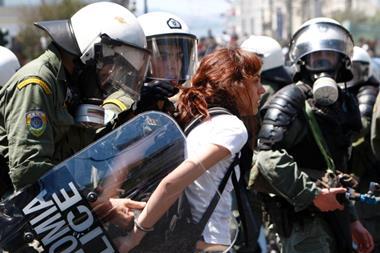
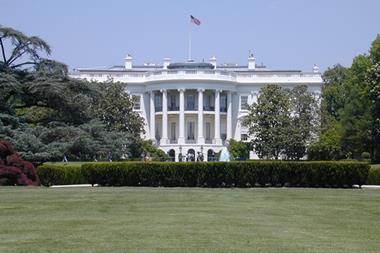
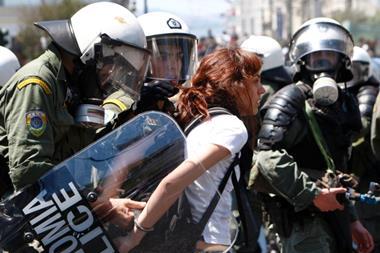
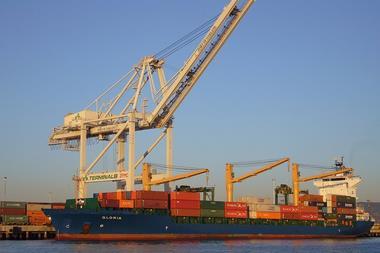
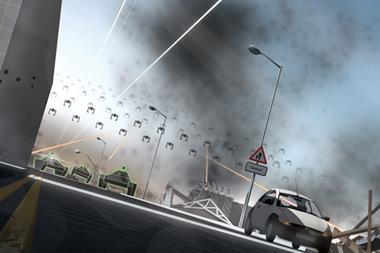
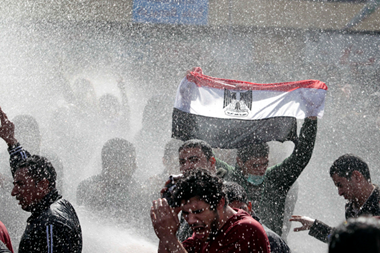



No comments yet